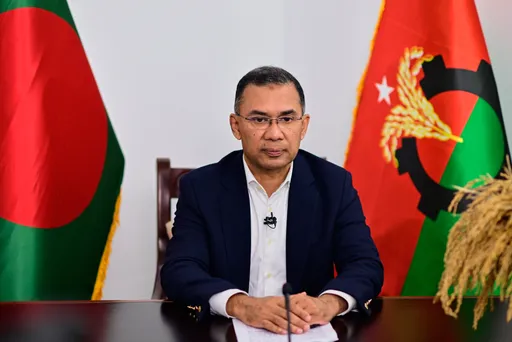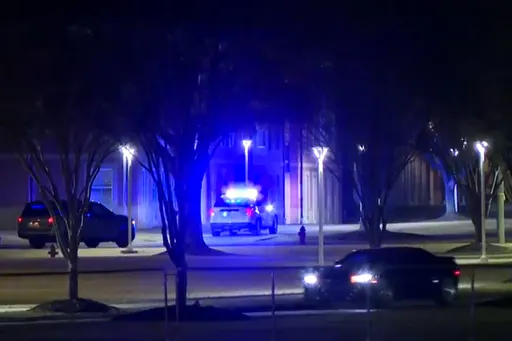Montenegro's parliamentary speaker has set March 19 as the date for a presidential election that will challenge the long-time rule of incumbent President Milo Djukanovic, who has been among the leaders of the Adriatic country for the past three decades.
The office of president is largely ceremonial, but a new person in the job could end a months-long political deadlock created after Djukanovic rejected a new prime minister-designate proposed by the parliamentary majority, citing procedural errors.
Veteran politician Miodrag Lekic was rejected as the candidate for premier after a no-confidence motion in the Cabinet of incumbent Prime Minister Dritan Abazovic in August.
That was the second no-confidence motion in the government last year.
Lekic was declared PM-designate in December under new legislation that Djukanovic said was anti-constitutional.
He subsequently failed to get support for his proposed government.
There are more than 500,000 eligible voters in Montenegro as of the 2020 parliament elections.
Politics in Montenegro, a NATO member and a candidate to join the European Union, have long been marked by a rift between those who identify as Montenegrins and those who see themselves as Serbs and oppose Montenegro's independence from a former state union with neighbouring and much larger Serbia.
READ MORE:Tirana meet to strengthen EU, Western Balkans ties amid Ukraine conflict
EU accession in jeopardy
In a separate development, Slovenian Foreign Minister Tanja Fajon has warned Montenegro that if it fails to elect judges to its Constitutional Court, the country's European Union accession negotiations could be in jeopardy.
The Constitutional Court of Montenegro, consisting of seven judges, has had only three members since September last year.
As a result, the court has been unable to decide on constitutional appeals or end election processes.
While four judges could not be elected because the required majority could not be achieved in the sessions held in September and October, 27 candidates applied for the re-voting.
The members of the Constitutional Court are elected by the Montenegrin Assembly.
READ MORE:Kosovo closes main border crossing as Serb leader inspects troops























